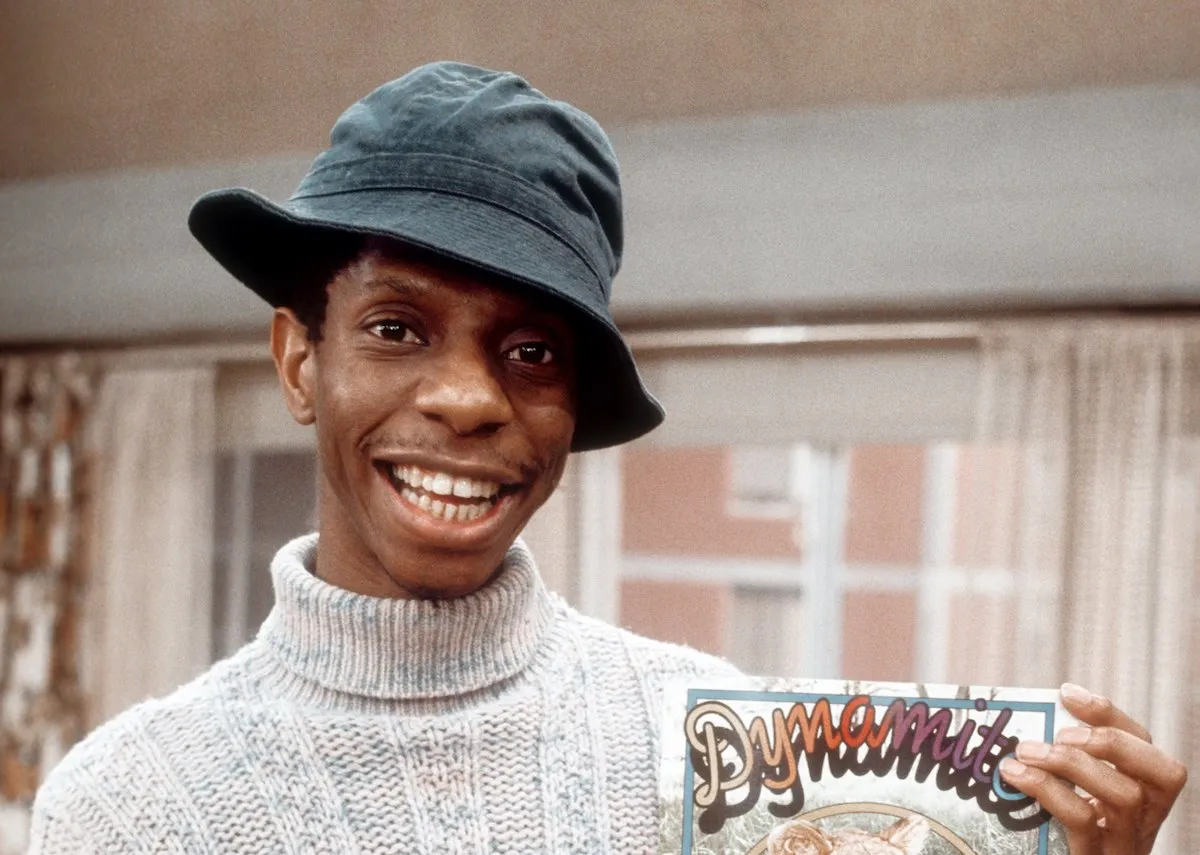In a shocking revelation, Jimmie Walker, the iconic star of the beloved sitcom “Good Times,” has opened up about the stark reality behind the laughter that filled living rooms across America. In a candid interview, Walker confessed that he barely spoke to his co-star Esther Rolle during the show’s run, highlighting the deep-seated tensions that simmered beneath the surface of the show’s comedic facade.

Walker, who played the unforgettable character J.J. Evans, admitted that from the very first day on set, he felt a disconnect with his colleagues. While he infused the show with his signature catchphrase “Dy-no-mite,” he faced fierce opposition from the show’s creator, Norman Lear, who despised the line for overshadowing the show’s intended narrative. Walker’s insistence on humor created a rift with co-stars Rolle and John Amos, who aimed for a more serious portrayal of the Evans family, leading to a palpable divide on set.
As the show progressed, tensions escalated. Amos departed after the third season, citing conflicts with writers, but Walker’s larger-than-life presence as J.J. was seen as a contributing factor to the show’s unraveling. “The show has never been the same since James disappeared,” Walker lamented, revealing the loneliness he felt amid the fame. While he brought laughter to millions, he paid a heavy price in personal relationships, often finding himself isolated from the cast.

In his memoir, Walker reflects on his experience as a “fish out of water,” emphasizing that he never formed genuine friendships with Rolle or Amos, viewing them merely as colleagues. This stark admission sheds light on the hidden struggles of a star who, despite his comedic brilliance, faced profound loneliness and a lack of connection in his personal life.
With the upcoming Netflix reboot of “Good Times” set to release in 2024, Walker’s reflections resonate more than ever. He critiques the new project for lacking the original’s spirit, a sentiment that underscores his complex legacy. As he continues to tour and work on new projects, Walker acknowledges the bittersweet nature of his fame—an enduring symbol of laughter intertwined with the scars of isolation.

Jimmie Walker’s confessions reveal the untold story behind the iconic sitcom, a narrative marked by conflict, loneliness, and the high cost of fame. As fans reflect on the laughter he brought to their lives, they must also confront the reality of the man behind the catchphrase—a poignant reminder that even the brightest stars can feel profoundly alone.





